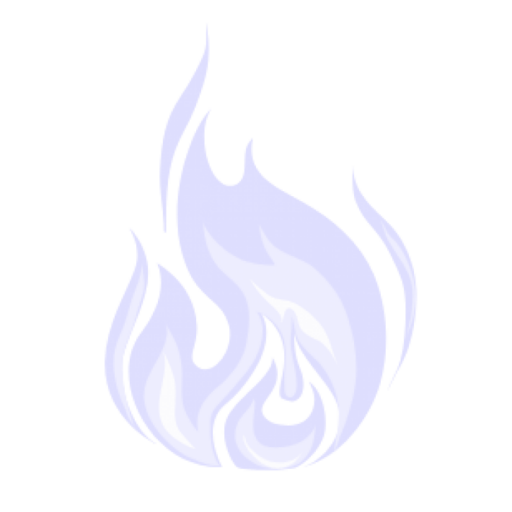Haven’t we moved past the “my God is better than your God” phase? Maybe not, but maybe we should. I think we all agree there is a life energy of some sort out there that defines living versus not living. Most deity based religions state that God is in us and around us, so life energy would be somewhat universal. I think we get into trouble when we try to identify too strongly with and become too attached to “our” deity. Maybe if we genericize the deity and just agree that there is a life energy it is a place to start.
You can have a “personal relationship” with this energy, how could you not if it is in you and around you? It would treat everyone the same or else you would have to curry favor with it, not very deity like. And what of worship? again, life energy is in us and around us so kinda seems it is there whether we “worship” it or not. Maybe we are worshipping for our benefit? So that would seem to be able to come off the list.
Does the deity bless certain people and not others? I think some people think so, but again I would think a deity would treat all equally otherwise we are attributing human characteristics to a deity. If the deity treats all equally then how or what we do when approaching the deity i.e. worship them, is irrelevant. The deity acts for all.
Deity seems a human construct to help personalize non personal interaction with life energy. Religion would seem to be a man made construct to satisfy the attributes man has given to a non-human deity. Religion drives conflict and it is a manmade construct.
Spirituality with out a deity is so much more. Spirituality is alignment with the flow of energy from a life energy that we all exist as a part of and can not be separated from. We are a part of nature so to align with nature is to align with the flow of the universe and the life force energy of the universe.
Prove me wrong.

